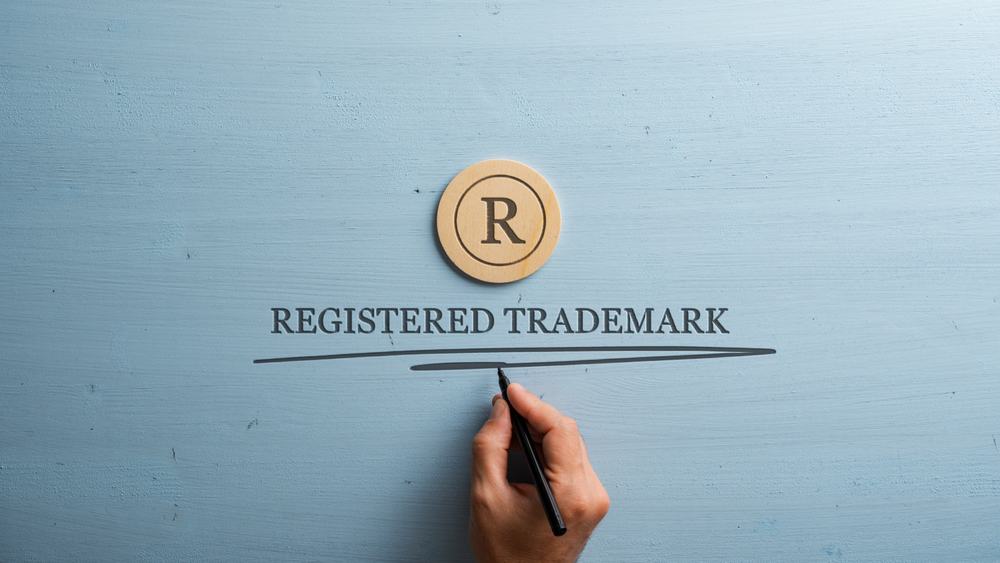There are legal requirements for insurance but this decision is also influenced by the type of business you have and how much ‘peace of mind’ you want to pay for. We’ve outlined a few basic forms of insurance below to get you started.
Employers Liability Insurance – this is the only legally required form of insurance for a small business owner. This is to cover any employees that are injured whilst working for you. If you operate with no insurance and have staff working for you, there can be a penalty of £2,500 per day.
Management Liability Insurance (Directors’ and Officers’ Liability Insurance) – this covers the individual directors personally rather than the business as a whole. This can be helpful if things do go wrong as directors are open to having claims of malpractice brought against them with potential fines, disqualification (this will mean you won’t be able to be a director of a future company) and even prison sentences. When taking out this insurance check your policy covers insolvency and large shareholders (over 15%) as many policies do not protect you in these cases.
Public Liability Insurance – this is to cover customer injury. Accidents do happen and not having this insurance if you have a shop/salon etc could be costly. Also note some clients and suppliers may request you have this insurance as part of your contract with them.
Contents and Portable Equipment Insurance – this covers all the technology and physical belongings you use to operate your business. If you are running your business from home and have contents insurance it’s worth checking the wording of your policy as some do not cover equipment used in a commercial capacity.
Professional Indemnity Insurance – this is for businesses that offer advice or consultancy services. This insurance will cover you if a client of yours makes a claim against you stating they have incurred financial loss after acting on your advice. In these industries clients may insist you have this form of insurance and it will help bolster your professional reputation if you do.
Cyber insurance – this will insure you against any claims made if you have a data breach. You should consider this insurance if you hold large amounts of customers data and/or sensitive customer data. This may become more important as you grow and will be valuable to have as you build the data on your customers to optimise your marketing strategy and potentially increase your product/service offering.




